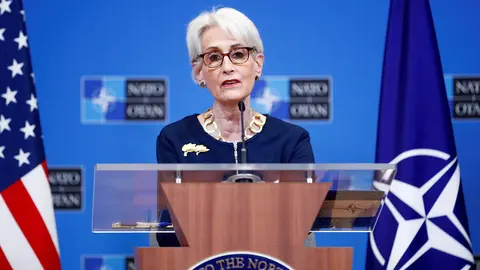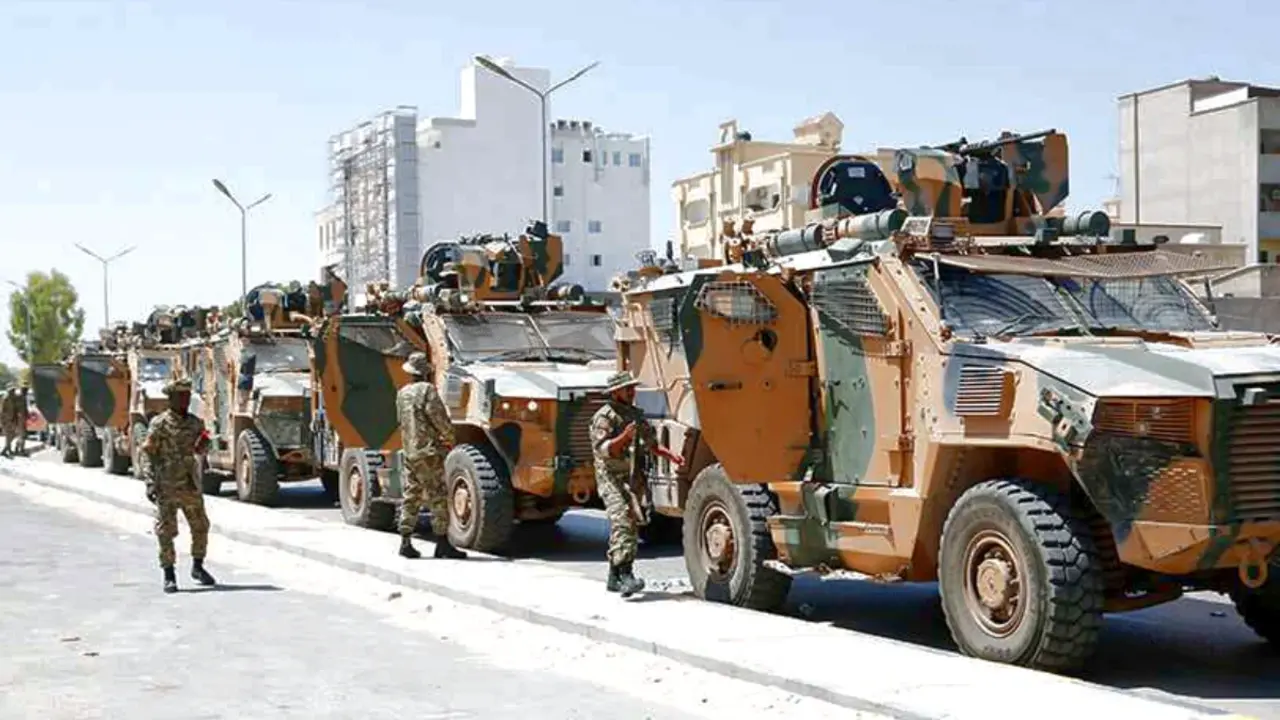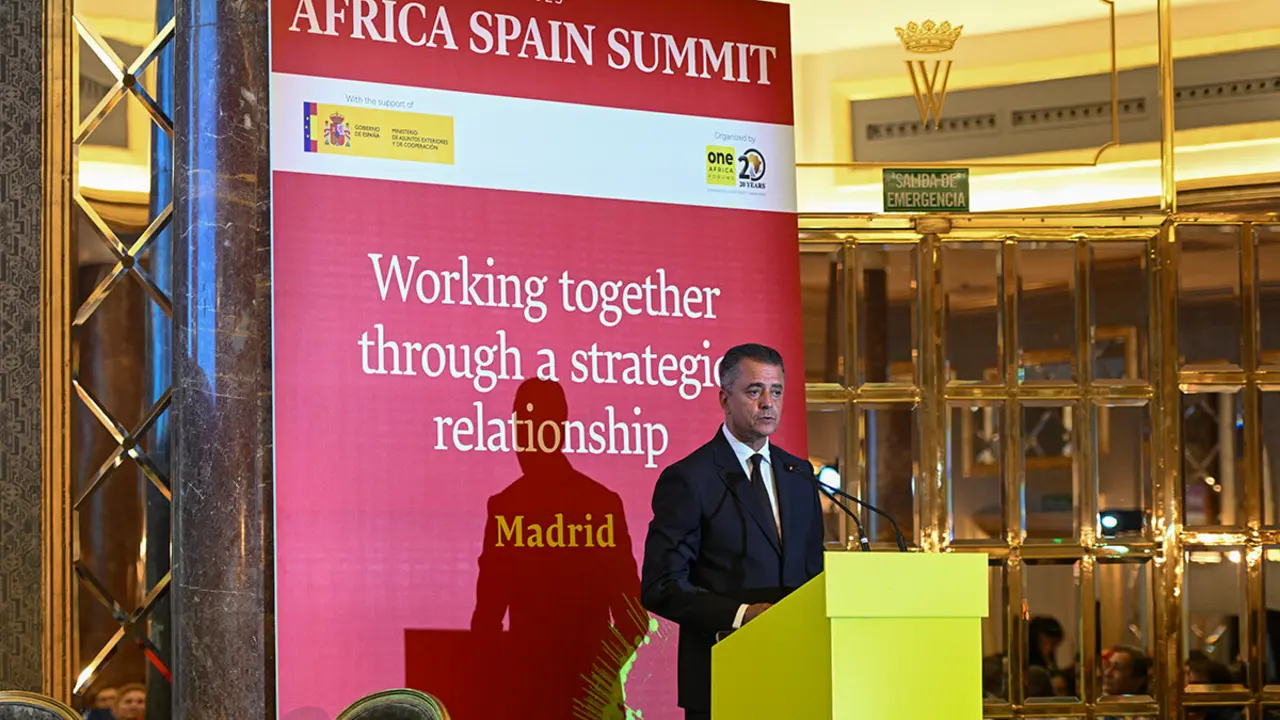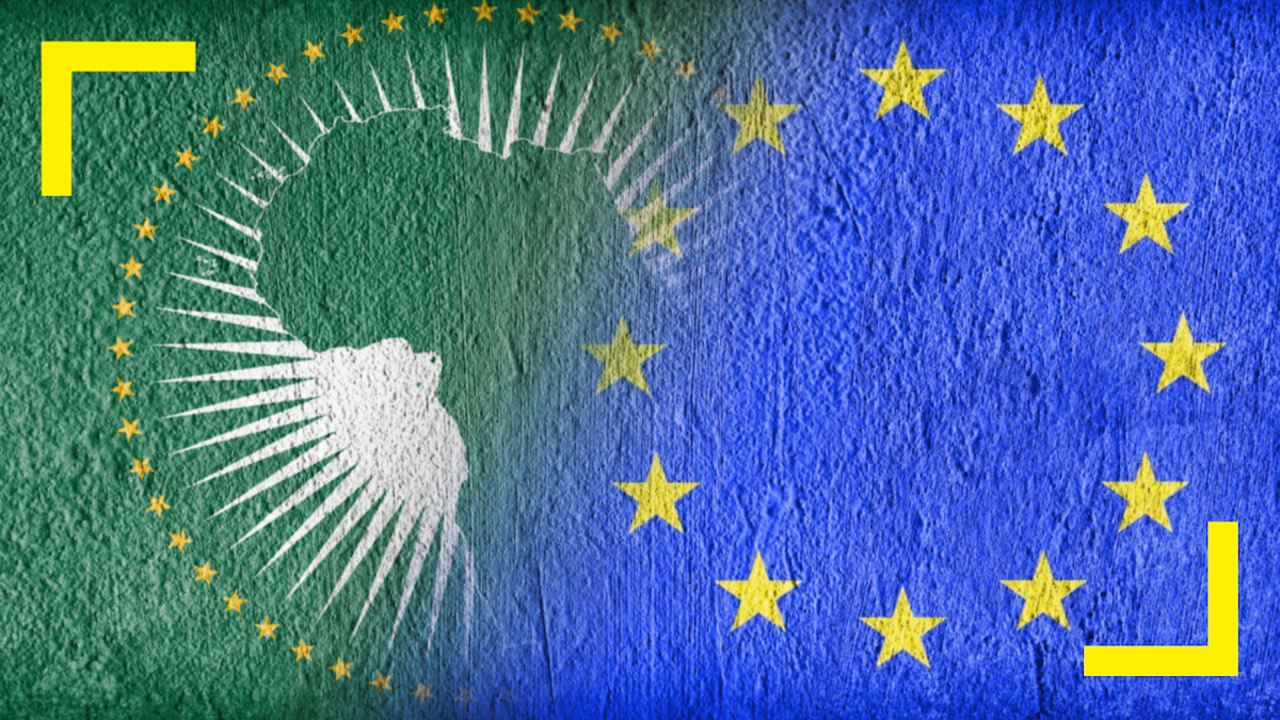Guterres leaves the Polisario Front on the sidelines of the Sahara issue
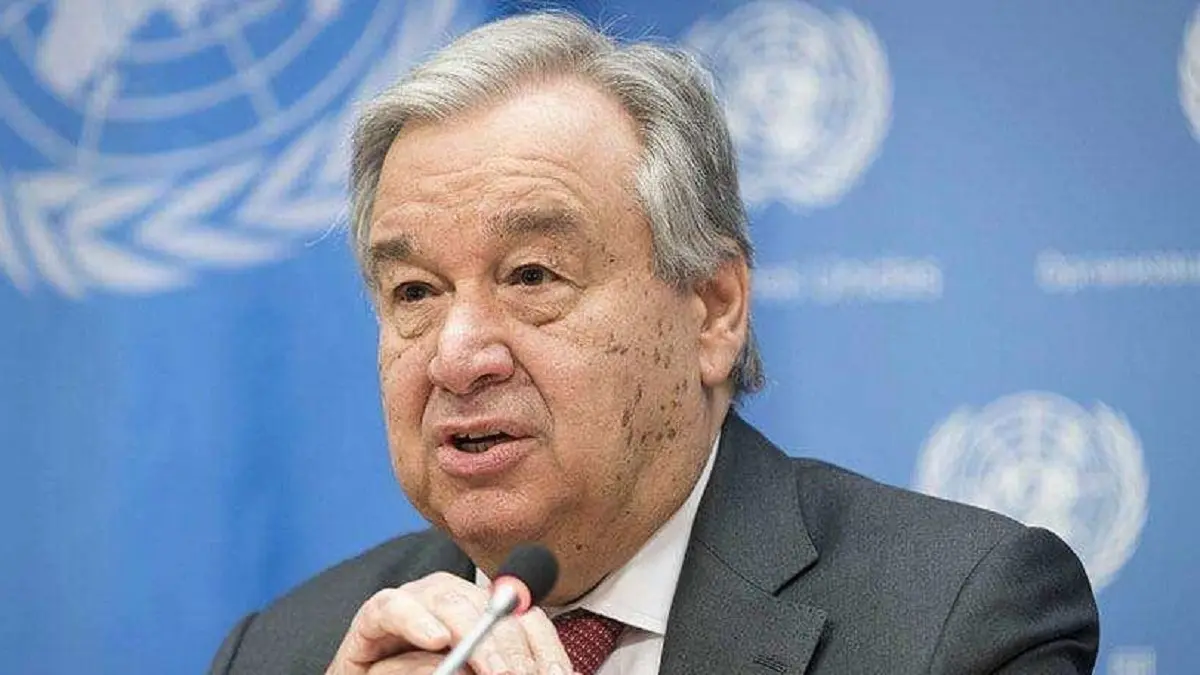
Taking advantage of his stay in France on the occasion of the Summit for a New Global Financial Pact, the Secretary General of the United Nations, Antonio Guterres, has participated in a conference at the Sciences Po University in Paris to address current global challenges with students.
The question of Western Sahara was one of the topics on which Guterres discussed. In this sense, the UN Secretary General pointed out that historically the discussion regarding the status of the disputed region initially only affected Morocco and Mauritania, according to Maroc Hebdo.
In this way, Guterres leaves the Polisario Front out of the question, recalling that the current situation dates back to the withdrawal of Spain from the area and the agreement "for the territory to be shared between Morocco and Mauritania without any type of self-determination".
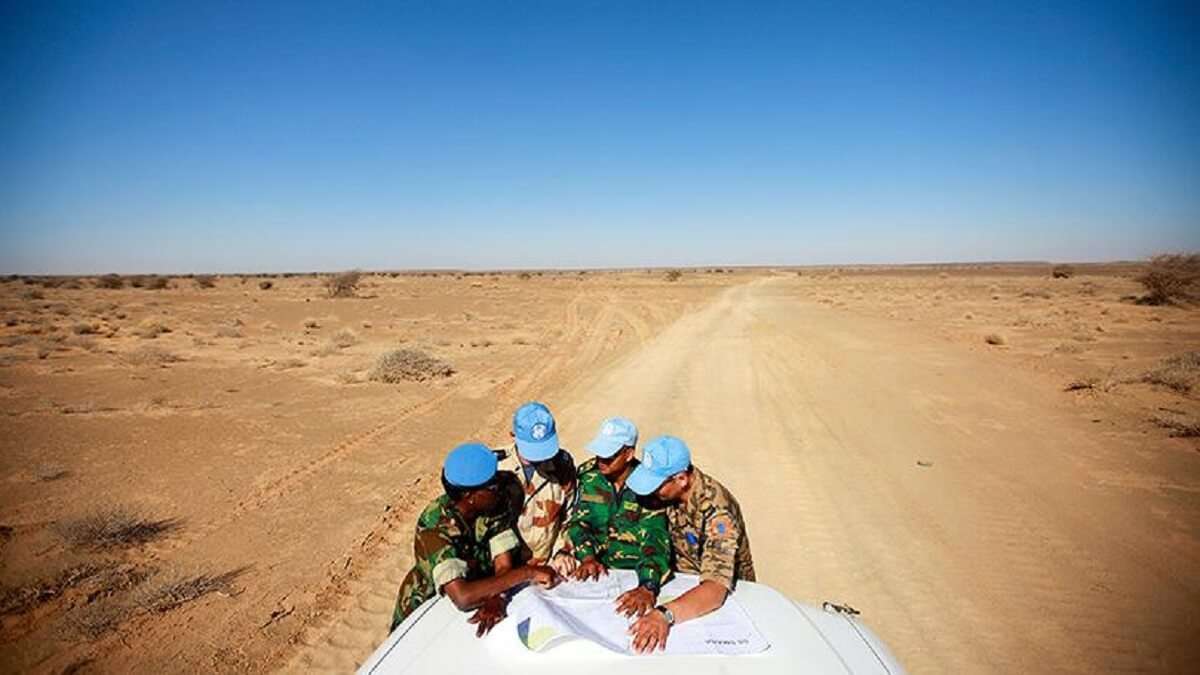
However, as Guterres has qualified, Mauritania "realized that there were problems" and opted to also withdraw, leaving Morocco - which continued to maintain its claim to Western Sahara - as the only actor present in the region.
After the historical review, Guterres analyzed the current situation, highlighting that the panorama has become "more complicated since the incident in Guerguerat", referring to the blockade in 2020 by the Polisario that prevented free movement at the border crossing with Mauritania. In order to restore normal transit, Morocco took steps to secure the crossing, which led the Polisario to attack Moroccan bases.
"The situation is dangerous because there is a low-intensity conflict, but in any case it is a conflict that continues and we have a very great concern, to avoid, above all, the generalization of the conflict," Guterres said in statements collected by EFE. "The situation remains blocked," he added, also highlighting the efforts of the special envoy for the region, Staffan de Mistura.

"This problem is blocked by those who block," Guterres said, which could be a reference to Algeria and the Polisario, since both opted to leave the round table to discuss negotiations on the issue.
In recent years, numerous countries have publicly expressed their support for Morocco's territorial integrity, such as the United States, Spain, as well as a large number of Arab and African nations. In fact, several countries have opened diplomatic representations in the southern regions of the Kingdom, thus showing their support for Moroccan sovereignty over the Sahara and recognizing Rabat's plan for the region as the most credible, serious and realistic way to achieve a solution.

